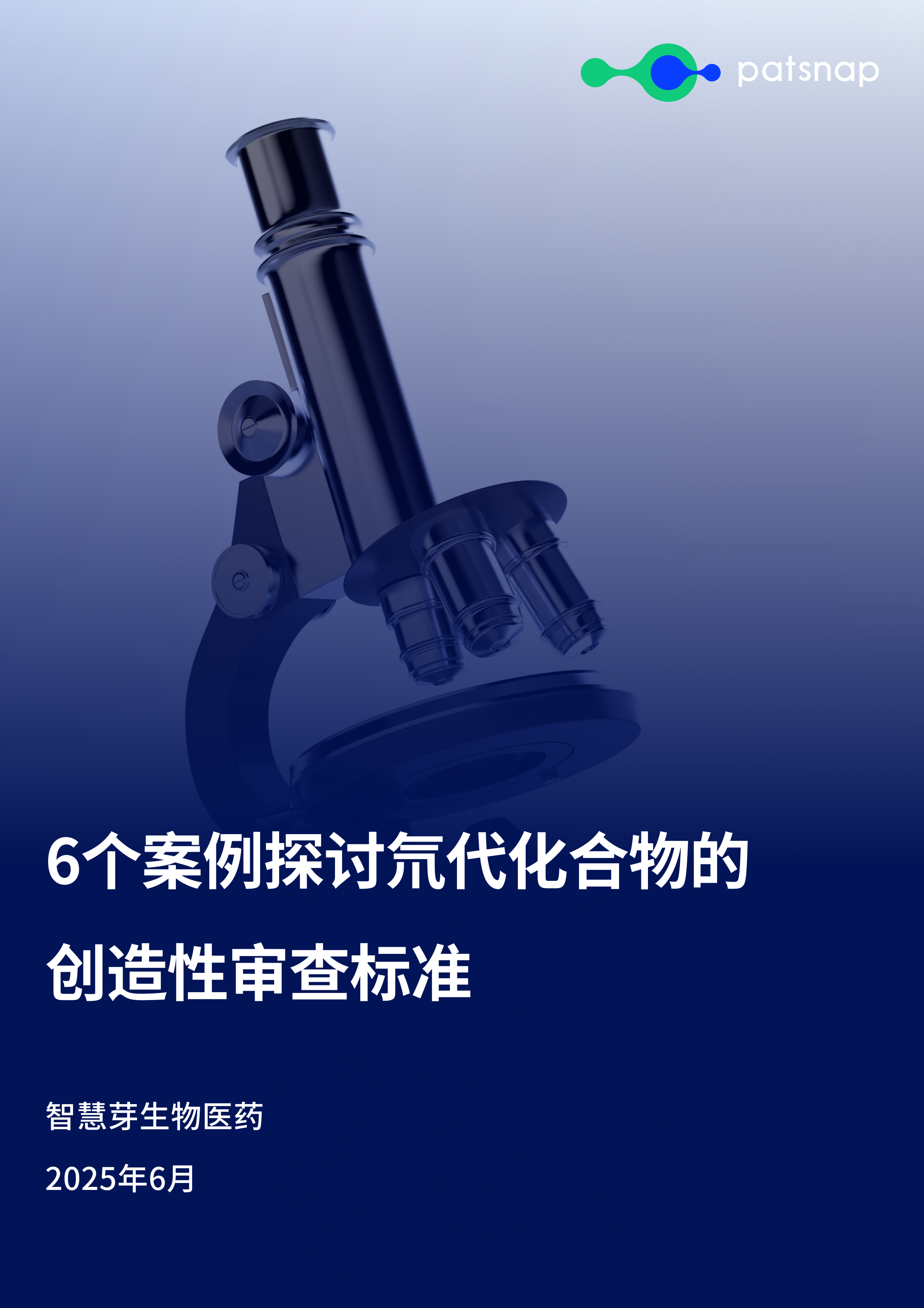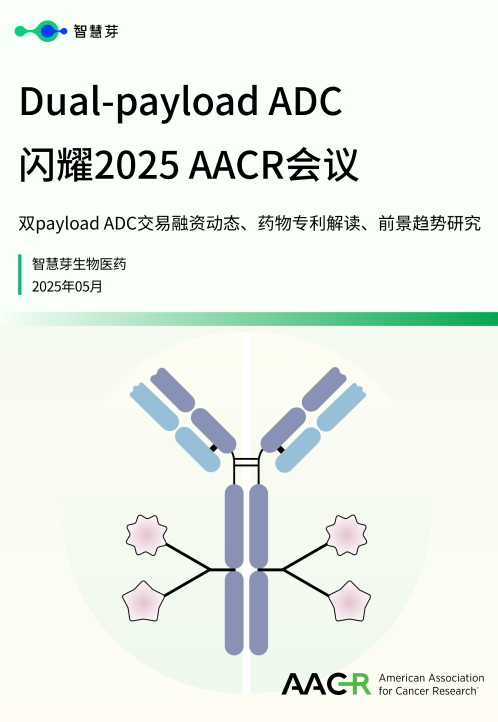预约演示
Pharnext blames ‘unexpected’ placebo results for lead neurological drug’s phase 3 failure
2023-12-11
临床3期临床2期
Pharnext hopes incoming data from a phase 3 trial run by its Chinese partner Tasly will offer some better news.
The company is developiPharnext03 in Charcot-Marie-Tooth disease type 1A, an inherited genetic disorder that affects the peripheral nerves, resulting in muscle neurological diseaseally sensory loss.
The 387-patient trial did PXT3003w thCharcot-Marie-Tooth disease type 1Actioninherited genetic disordersured by the Overall Neuropathy Limitation Scale (muscle weaknessany revealed in asensory lossease. Pharnext blamed an “unexpected” improvement in the disease among the placebo cohort, which it said “complicates the interpretation of the results.”
“It also confirms what the medical literature as a whole has been saying for many years, namely that ONLS is undoubtedly a rNeuropathydpoint over the long term, but not over such a short period of time as a clinical study,” the company claimed in the release.
Trying to see the bright side, the biotech said there had been “no deterioration” of the condition among the patients who received the drug. “This suggests that PXT3003 might stabilize the condition of patients, which is an important consideration for a disease where progression is generally inevitable,” it concluded.
PXT3003 is a combination of the approved meds baclofen, naltrexone and sorbitol. The oral drug is designed to downregulate the overexpression of the PMP22 proteiPXT3003der to improve neuronal signaling in dysfunctional peripheral nerves.
PXT3003t hopes incoming data from a phase 3 trbaclofenbynaltrexonese pasorbitolsly will offer some better news. In the meantime, the company “plans tPMP22 proteinalyzing the data, particularly in collaboration with potential partners for licensing or acquisition of PXT3003.”
Pharnexth the results we are sharing today are not exactly what we had hoped Taslythey are nonetheless very promising,” Pharnext’s Manager Hugo Brugière said in the release. “We are now going to make the most of all the data we have accumulated over the last 10 yearPXT3003uding our two phase 3 studies and our 6-year extension study, which tend to demonstrate a beneficial effect on patients.”
“I remind that, today, PXT3003 is the only ray of hope for all CMT1A patients, and that no other drug candidate is currePharnextan advanced stage,” Brugière added. “It seems to me, therefore, that efficacy results for a risk-free drug could support an application for regulatory approval and market authorization. This is for us the final stage, which we will move forward with the patient community."
Pharnext’s stock crashed back in February, when the biotech walked away from its potential Alzheimer’s asset, dubbed PXT864, arguing that the encouraging data produced to date weren't enough to lead to commercialization in the “short or medium term.” Instead, Brugière said at the time that the company would search for a partner to take the clinical baton.
更多内容,请访问原始网站
文中所述内容并不反映新药情报库及其所属公司任何意见及观点,如有版权侵扰或错误之处,请及时联系我们,我们会在24小时内配合处理。
靶点
-药物
Eureka LS:
全新生物医药AI Agent 覆盖科研全链路,让突破性发现快人一步
立即开始免费试用!
智慧芽新药情报库是智慧芽专为生命科学人士构建的基于AI的创新药情报平台,助您全方位提升您的研发与决策效率。
立即开始数据试用!
智慧芽新药库数据也通过智慧芽数据服务平台,以API或者数据包形式对外开放,助您更加充分利用智慧芽新药情报信息。




